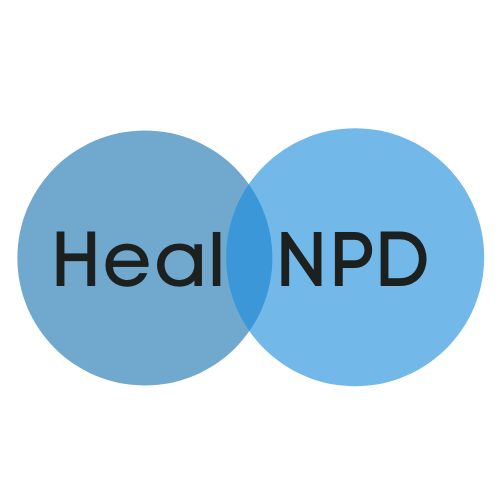Minds vs. Brains
While still acting as director of the National Institute of Mental Health, Dr. Tom Insel, announced via blog post that NIMH would no longer support research using the Diagnostic and Statistical Manual of Mental Disorders, 5th Edition (DSM 5). The DSM is the diagnostic manual used by almost all mental health providers (at least in the U.S.).
This departure from the DSM paradigm was radical and, it would seem at first, welcome. The DSM institutionalizes a sort of Linnaean taxonomy of mental illness that classifies disorders based on superficial similarities rather than underlying principles. But the brilliance scored by NIMH in discarding the DSM is undone by the crushing naivete of their replacement paradigm: that all mental illness can and must be understood only in terms of biology. In other words, brain circuits.
In a two-part series titled, "Is NIMH Brilliant, Stupid, or Both? How I learned to stop worrying about diagnosis and love voles", Jonathan Shedler addresses NIMH's new stance with characteristic insight and wit. Dr. Shedler makes short work of this idea by introducing the concept of supervenience.
Imagine watching a movie, say Star Wars. At one level it is a movie. At another level, it is a pattern of pixels. The key point is that the relationship between the two levels is asymmetric: movie supervenes on pixels. We could know everything there is to know about pixels and the circuitry (circuitry!) that controls them and understand nothing about the movie. We would have no concept of Luke Skywalker, Darth Vader, or the battle for the empire.
We may become experts at mapping brain circuits, but to suggest that doing so will lead to an equally perfect understanding of how to treat mental illness is almost incomprehensibly dense. To again quote Shedler,
Just as movie supervenes on pixels, mind supervenes on brain. They are of a different order. Knowledge of one may have little bearing on the other....A patient takes psychoactive medication. It has a biological effect on certain neural synapses. It also holds psychological meanings. It may be experienced as a gift, a symbol of love, confirmation of defectiveness, a piece of the doctor’s strength and goodness to “take in” and make part of oneself, a piece of the doctor’s badness that represents an attack from within, and so on. The psychological meanings powerfully affect the patient’s response to treatment.
To be clear, brain science is indispensable in developing better treatments for human suffering. It is not, however, the only way we should develop such treatments.
Minds supervene on brains.
Let's have both biology and psychology in our arsenal of tools we use to improve treatments. Let's not try to make do with just one or the other.
Follow the links below for Shedler's articles (two parts).

